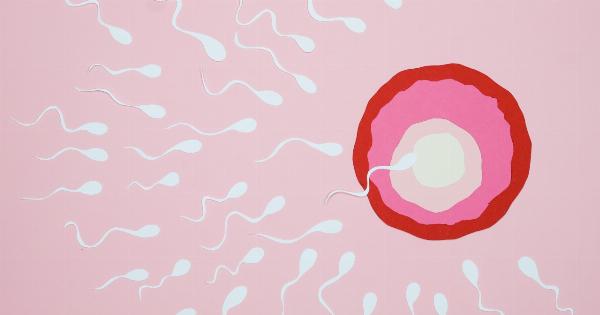It’s a common misconception that in vitro fertilization (IVF) leaves a genetic mark in adulthood. However, recent studies have shown that this is not the case.
In this article, we will explore the science behind IVF and its effect on genetics, as well as dispel the myth surrounding it.
What is IVF?
IVF is a type of assisted reproductive technology that involves retrieving eggs and sperm from the intended parents, or donors, and fertilizing them in a laboratory.
The resulting embryos are then transferred to the uterus of the intended mother or gestational surrogate.
How does IVF affect genetics?
IVF does not leave a genetic mark in adulthood for several reasons. Firstly, the genetic makeup of the embryo produced through IVF is no different from that of an embryo produced through natural conception.
The only difference is the method of conception.
Secondly, during the IVF process, there is no alteration of the genetic material. The eggs and sperm are simply retrieved and fertilized outside of the body, and then transferred to the uterus.
There is no manipulation of the genetic material that would leave a lasting mark on the offspring.
Lastly, IVF does not increase the risk of genetic disorders or birth defects. Studies have shown that the risk of these conditions is not significantly higher in children conceived through IVF compared to those conceived naturally.
The myth surrounding IVF and genetics
Despite the scientific evidence that IVF does not leave a genetic mark in adulthood, there is still a myth surrounding this topic.
Some people believe that children born through IVF have different genetics or are more likely to develop genetic disorders.
This myth may stem from a lack of understanding of how IVF works, or from misconceptions about genetics and reproduction. It’s important for individuals to educate themselves on the facts and dispel these myths.
Conclusion
IVF does not leave a genetic mark in adulthood. The embryos produced through IVF are no different genetically than those produced through natural conception, and there is no manipulation of the genetic material during the IVF process.
The myth surrounding IVF and genetics is just that – a myth. It’s important for people to educate themselves on the facts and disregard these misconceptions.





























